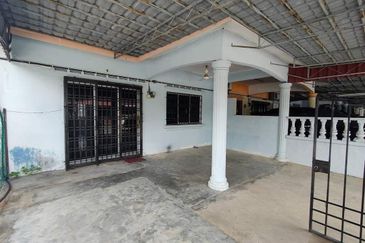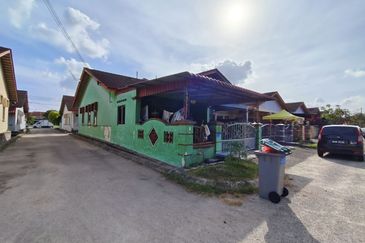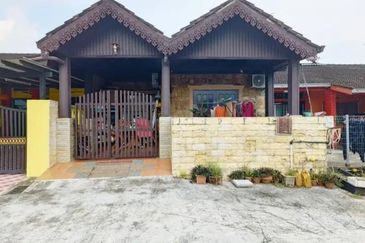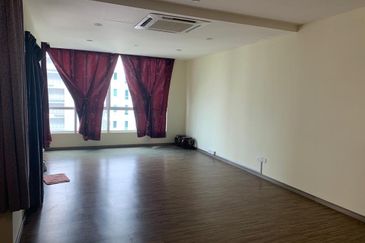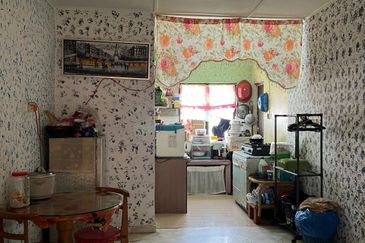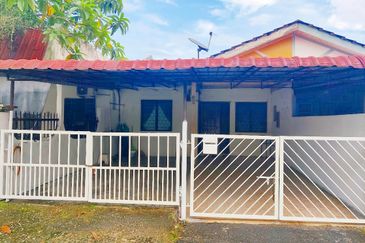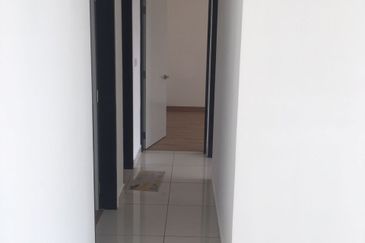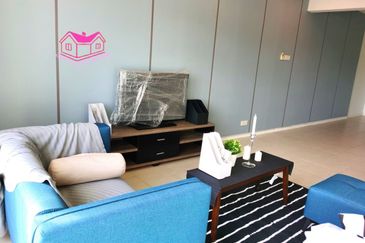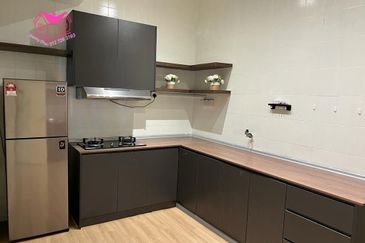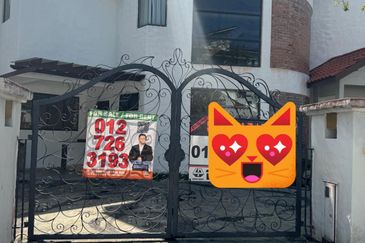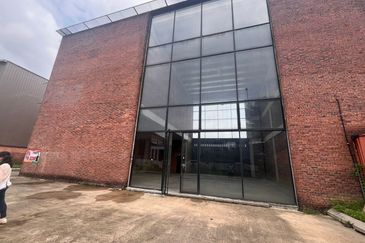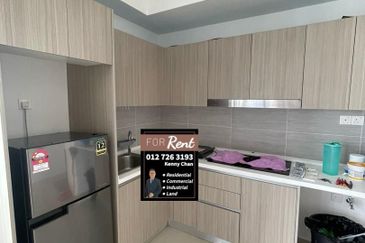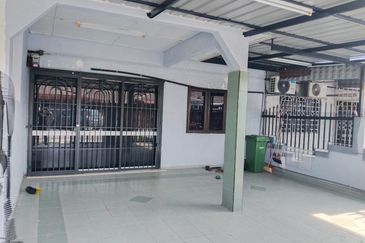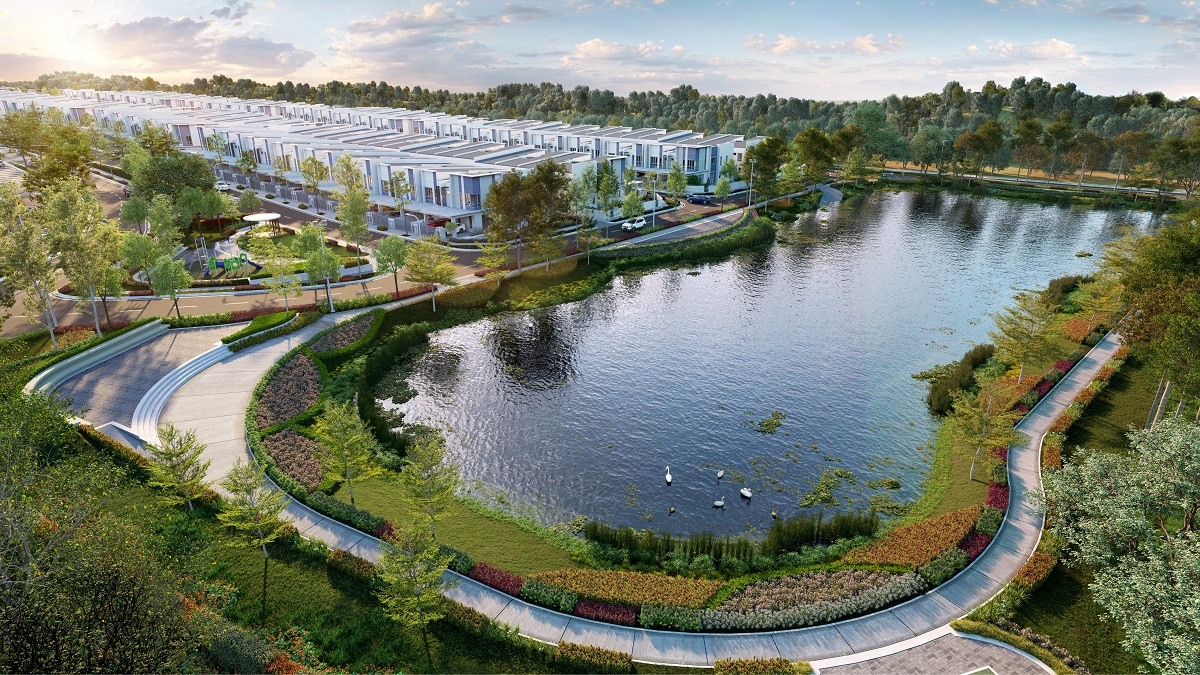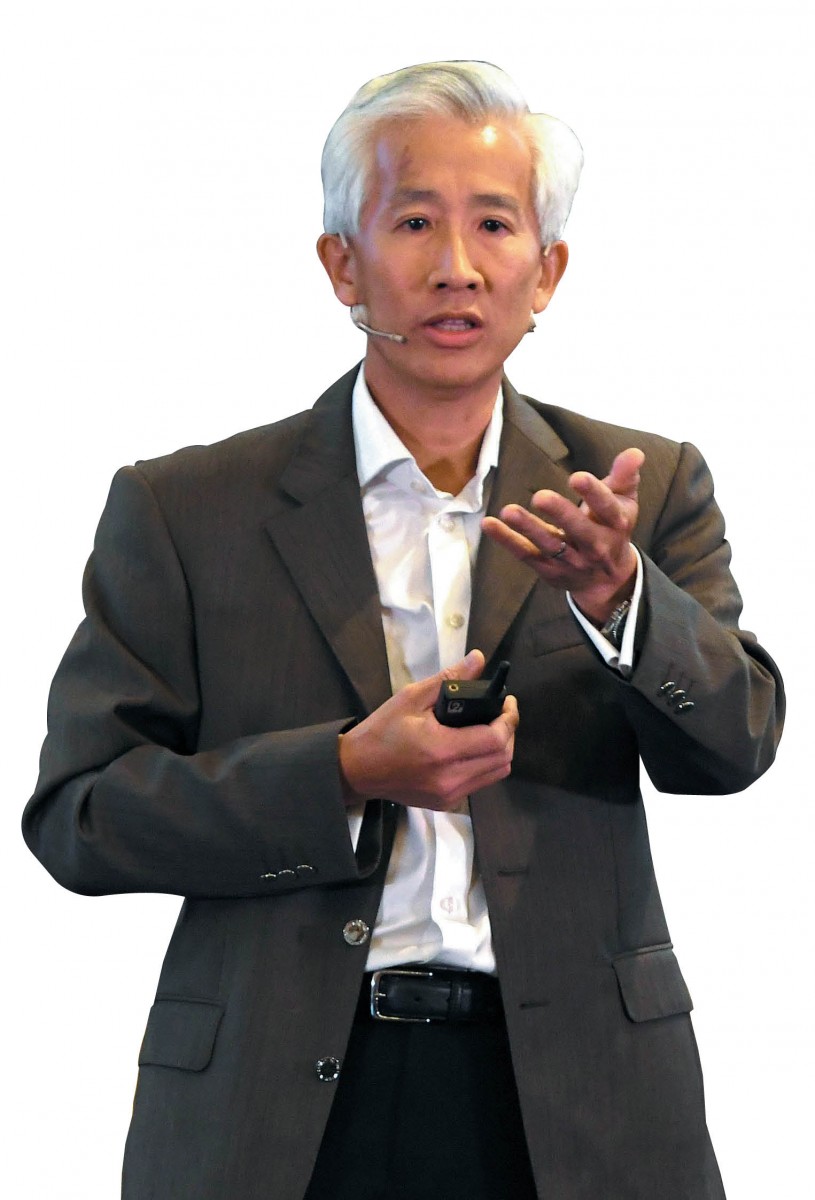 MANY people think that their well-renovated homes which are secured with window grilles are a safe sanctuary for them to live in, but they may not realise that the fancy renovations and fixed grilles can kill them under certain circumstances.
MANY people think that their well-renovated homes which are secured with window grilles are a safe sanctuary for them to live in, but they may not realise that the fancy renovations and fixed grilles can kill them under certain circumstances.
A recent case involved a two-storey terraced house in USJ 2, Subang Jaya, where property agent Lim Ah Kok and his family died because of smoke inhalation as they were unable to escape the fire that had started in the living room, said Architect Centre Sdn Bhd accredited architect and trainer Anthony Lee Tee, in a grave and severe tone.
“The family tried to escape from the bedroom window but the window had grilles installed [which hampered their escape], so they perished,” he said.
He added that in 2016, over 6,000 buildings in Malaysia were ravished by fire and over 1,000 people died in those properties, according to statistics from the Fire and Rescue Department Malaysia.
Besides grilles, electronic devices in our homes could also be a killer. Lee cited the Japanese couple who was killed after being electrocuted by a faulty water heater in their apartment in Mont’Kiara.
“Meanwhile, there are also cases of people who have fallen from buildings, especially over glass handrails, and where parts of buildings have fallen down on people or even buildings that have collapsed,” he noted.
“So, what is happening? Do we need to have all the shocking images and incidents before we decide that we need to do something?” he asked the audience at TheEdgeProperty.com Symposium on Property Management 2017 on April 8.
Lee was one of the speakers at the symposium with his topic “So, your building is safe. Really?” Themed “Is your investment a time bomb?”, the symposium was presented by TheEdgeProperty.com with partners Nippon Paint Malaysia and Panasonic Malaysia. It was supported by The Edge Malaysia while the supporting sponsor was Gamuda Land.
Based on property inspections by Architect Centre from 2008 to 2016, the company conservatively estimated that one in every five properties is unsafe, which means the property has breached important bylaws that pose clear and present danger to property and lives, said Lee.
In fact, the estimate could also be applied to the posh properties located in prime locations, such as Kuala Lumpur City Centre (KLCC), he added.
“I estimate that for buildings just around KLCC, one in five of those very expensive apartments is unsafe, in one way or another, in terms of fire, electrical or glass safety,” he said.
He recalled that he was approached by a couple who migrated to Malaysia under the Malaysia My Second Home (MM2H) programme and paid several million ringgit to buy a five-star property in the vicinity of KLCC.
However, the property was declared unsafe after Lee’s inspection. “It is embarrassing. We have a fine property in a beautiful location, but it is unsafe.”
The top three unsafe property categories in the country are: mixed strata buildings; renovated buildings such as factories, homes and offices; and public buildings such as hospitals, schools and hostels, he noted.
The root cause of the problem lies in the design of the buildings, building construction and property management.
“The first root cause is design. If you design a building incorrectly or without a thought about safety and property management, you will inherit a property that is born sick,” he said.
He added that Malaysia has over 100 prevailing bylaws that govern the design of buildings and the installation of electrical wires, ceilings and fire exits, but there are still a lot of deficiencies in architecture and engineering design in the buildings, thus causing problems like leakages and cracks.
The second root cause is the shoddy workmanship on construction works as everyone wants to speed up the progress. “But speed kills quality, so there are many buildings that are born sick today, and many people have inherited a lot of unresolved defects from these buildings,” he said.
The last root cause is the lack of proper building maintenance and the apathy and ignorance of property management. Lee shared that buildings are like humans and will get sick if they are not well taken care of.
However, there are many bad property managers in the market, who only care about money but not about human lives.
Lee shared that he once inspected a hotel that was already operating. The fire detectors and sprinklers were not installed as the property manager wanted to “save some money”.
“The fire control panel of the building was not working anymore, but after we informed the property owners about the problems and warned them of the dangers, all they cared about was if the building could be repainted,” he said.
In order to change the situation, Lee urged everyone to generate change from within.
“We have been so disengaged from all problems from the day we took ownership of our property, which is the most expensive thing that we will buy in our whole life,” he said.
“Let’s rethink how we should do things. Safety is never an option or a slogan. There are no closing days for buildings, especially public buildings like hospitals, hotels and malls, so we have to get it right the first time,” he concluded.
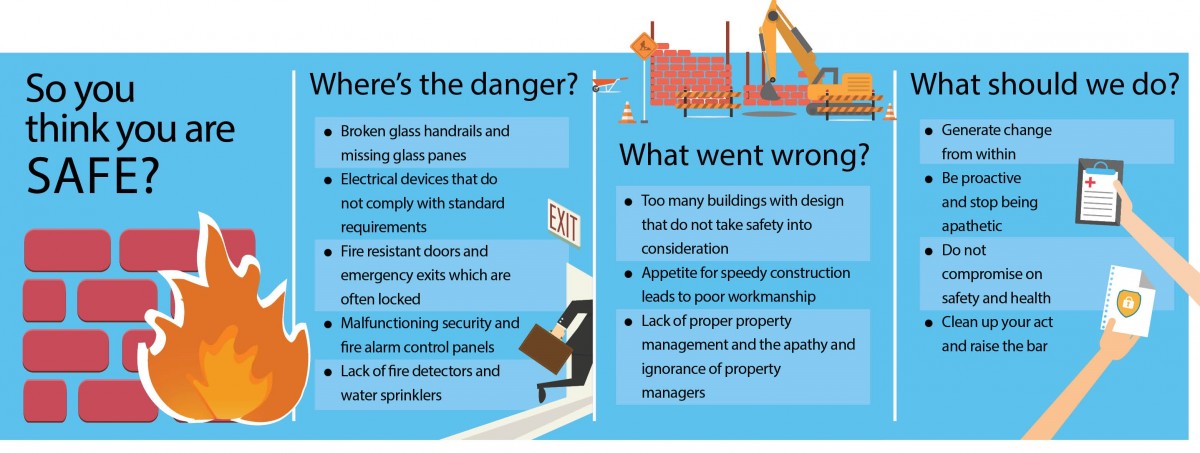
This story first appeared in TheEdgeProperty.com pullout on April 14, 2017. Download TheEdgeProperty.com pullout here for free.
TOP PICKS BY EDGEPROP
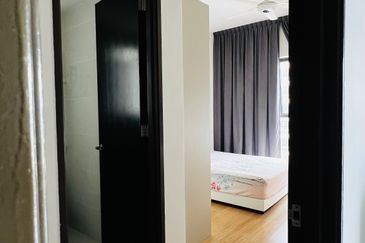
Baypoint @ Country Garden Danga Bay
Johor Bahru, Johor
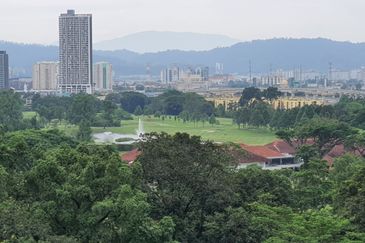
Menara Bintang Goldhill
Bukit Bintang, Kuala Lumpur
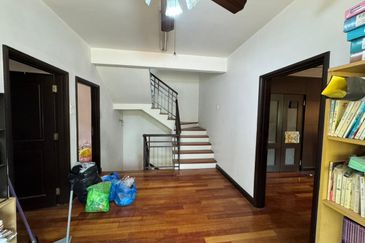
Bandar Bukit Tinggi
Bandar Botanic/Bandar Bukit Tinggi, Selangor
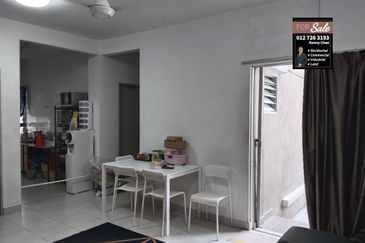
Pangsapuri Akasia, Bandar Botanic
Bandar Botanic/Bandar Bukit Tinggi, Selangor
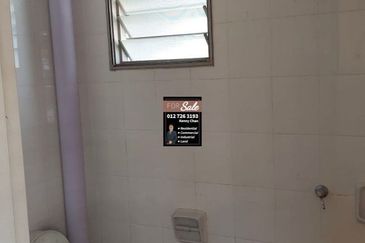
Pangsapuri Akasia, Bandar Botanic
Bandar Botanic/Bandar Bukit Tinggi, Selangor
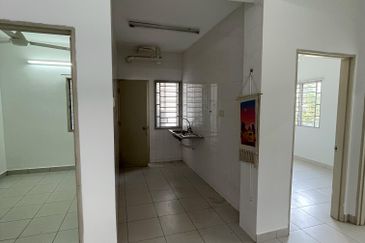
Pangsapuri Akasia, Bandar Botanic
Bandar Botanic/Bandar Bukit Tinggi, Selangor
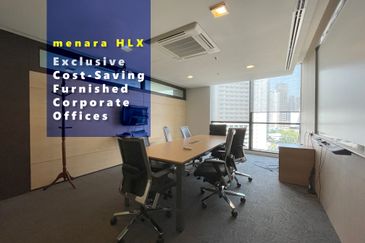
Menara HLX (formerly Menara HLA)
KL City Centre, Kuala Lumpur

